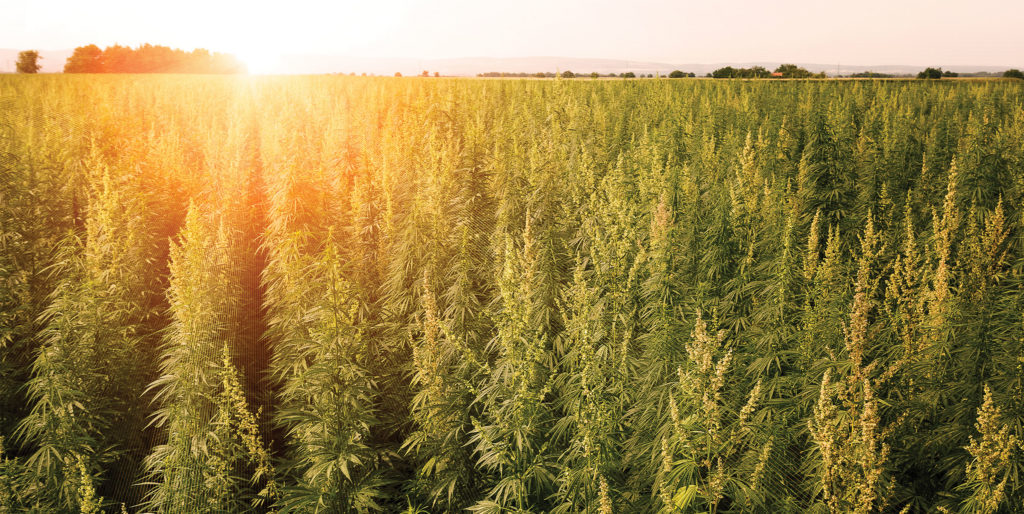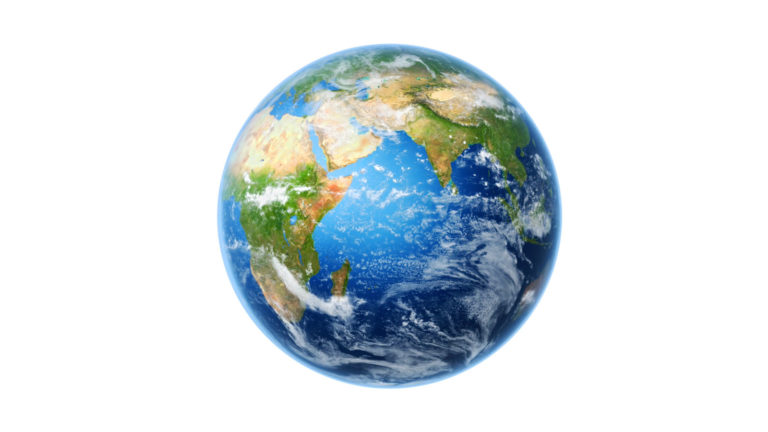Hemp Saves The World
What is going on with the planet?
One of the biggest concerns regarding Earth’s wellbeing is the damage done by overuse of the soil, harmful pesticides, and other damage. According to the Center for Biological Diversity, “Increases in land conversion and agricultural intensification accelerate the loss of soil biodiversity and, as a result, have contributed to the reduction of approximately 60% of soil ecosystem services.”

The combination of overuse and pesticides impacts our global ecosystem on a biological level, creating damage that is extremely difficult to reverse. This damage impacts the food we produce, the native species population, and our weather. Without searching for viable deterrents, we risk permanently damaging the planet.
Why Hemp?
Hemp is known as a fast growing plant that does well in a variety of climates. Hemp has shown an extreme potential to help the world we live in. And as we understand the science behind the plant, the more we can understand how to use it beyond food, clothing, and building materials. Hemp has a role in multiple industries, including agriculture and nuclear power.
How Can Hemp Help?
Hemp is beneficial in many ways. According to the North Carolina Agriculture and Technical State University, hemp can not only help benefit the soil’s health, but also the natural ecosystem. They list the benefits of hemp being:
- Hemp’s high planting density, rapid soil surface coverage ability, and fast growth (especially the fiber yielding) varieties after emergence render it very competitive against weeds.
- Replacing chemical fertilizers with on-farm or off-farm organic amendments (e.g. crop residues, manure, compost, etc.) can farmers’ input costs and improve nutrient use efficiency, provide soil health and environmental benefits
- Hemp residues returned to the soil act as mulch and improve soil nutrient release/storage and also greenhouse gas emissions
Hemp has many other benefits beyond just these few, but the overall effect leads to a healthier ecosystem.
The Rodale Institute explored the usage of hemp as a cover crop as a more eco-friendly alternative to other cover crops and their impact on the local wildlife. Their findings state, “Research has shown that industrial hemp grows very quickly and performs just as well, if not better, than other cover crops. Our experience has shown hemp to be a resilient plant and a potential tool for bioremediation—plus, the bees love it.”
Beyond Agricultural Usage
Hemp can be used to help repair Earth in ways that expand beyond agricultural usage. Radioactive disasters like Chornobyl wreak havoc on the natural ecosystem. Researchers have been searching for ways to help repair the damage, and have turned to hemp as an option.
In 1986, the Chornobyl nuclear plant had a tragic reactor explosion that created lasting damage for the local ecosystem that resulted in soil pollution, mutation, and death. In the aftermath, researchers across the globe searched for ways to help stop the spread of radiation in the soil and possibly repair the damage done. Hemp was explored as a viable alternative alongside other cover crops.
However, this solution did create problems of its own. No one seemed sure of how to discard of hemp used for radiation repair. According to the Belgian Nuclear Research Centre, “Since hemp fibres are mechanically separated, use of hemp fibres is more restricted. Use of stems as biofuel is restricted to areas with contamination levels for flax and hemp, respectively. Use of seeds for edible oil production and flour is possible almost without restriction for flax but due to the high TFs to seed observed for hemp, consumption of hemp seed products should be considered with care.”
Research as to what to do with hemp that has been used to repair radiation damage in the soil is still a debated subject. Disposing of contaminated material requires diligent thought to avoid damaging any more of the ecosystem or placing humans and animals in danger.
At the time of this writing, nuclear waste is stored in any one of four facilities located in South Carolina, Texas, Utah, or Washington. While waste from a nuclear power plant typically produces smaller quantities that can be stored. According to Nuclear Energy Institute, “All of the used fuel ever produced by the commercial nuclear industry since the late 1950s would cover a whole football field to a height of approximately 10 yards.”
However, there is potential for hemp and other crops used to repair radiation damaged soil. New designs for advanced nuclear reactors are exploring the viability of using alternative fuels and even recycling used fuels previously filling up the nuclear waste storage facilities. While these systems are still in the developmental phase, they show a promising outlook on the nuclear industry.
The Next Step
Not only has research shown hemp to have a viable potential to help repair soil damage from regular over-farming methods, but also soil damaged by nuclear disasters like the one in Chornobyl. Hemp naturally pulls harsh, ecosystem-harming chemicals out of the soil and if grown in dense quantities can be used to deter weeds and help combat soil erosion. Researchers have taken this knowledge and have used it as a way to help repair the radiation damage around the Chornobyl power plant.
The next step is to find out how to properly dispose of hemp grown for radiation repair or if it even can safely be used for other products. While some researchers are tackling these exact questions, others are looking for a way to use alternative fuels, including radioactive waste, in newer nuclear reactor models. Hemp and Nuclear energy are not a combination many would expect, but the two have the potential to help the world in immeasurable ways.
Even on its own, hemp has massive potential to help fight various forms of soil damage and even as a weed control method in the agriculture industry. Not only does this versatile crop have a future in the medical, construction, and textile industries, but in the agricultural industry also. In a way, it is like returning to farming practices utilized by humans for hundreds of years in many different parts of the world. But any way you look at it, hemp has a major role in humanity’s future.





